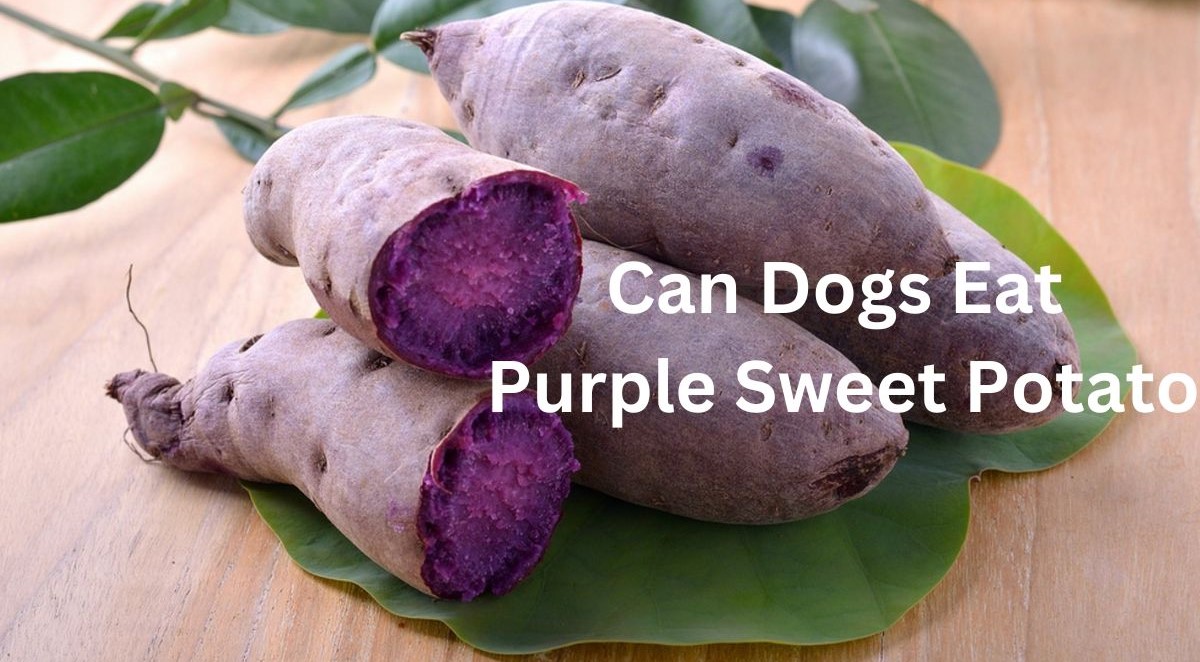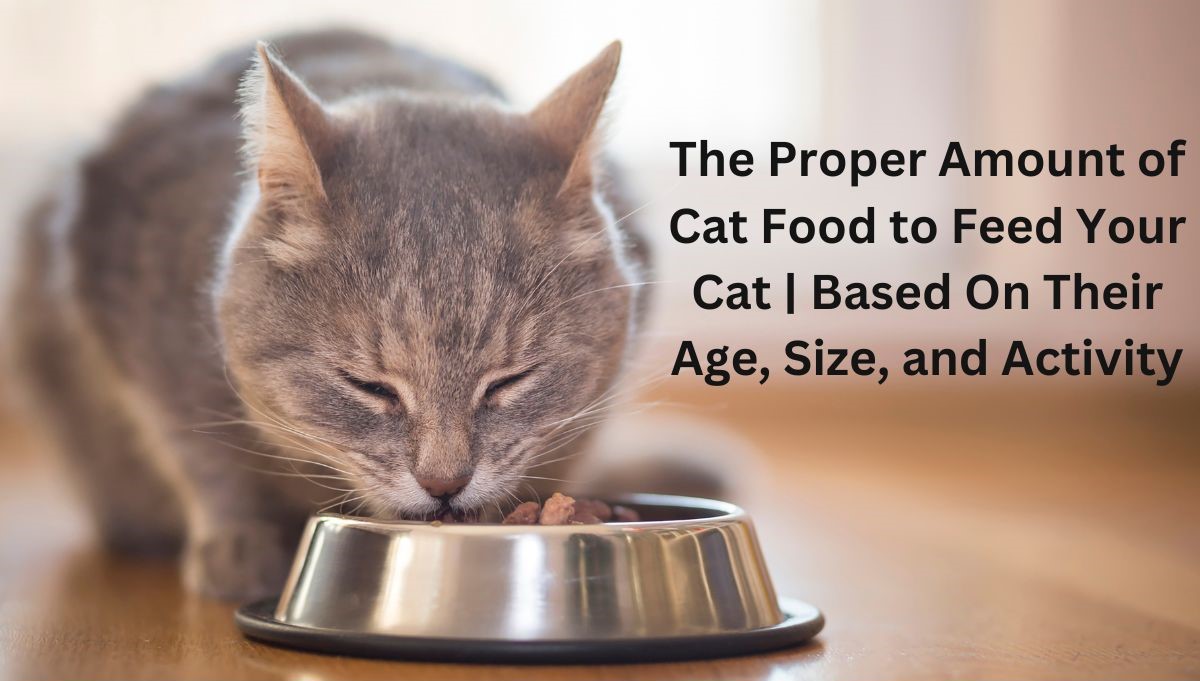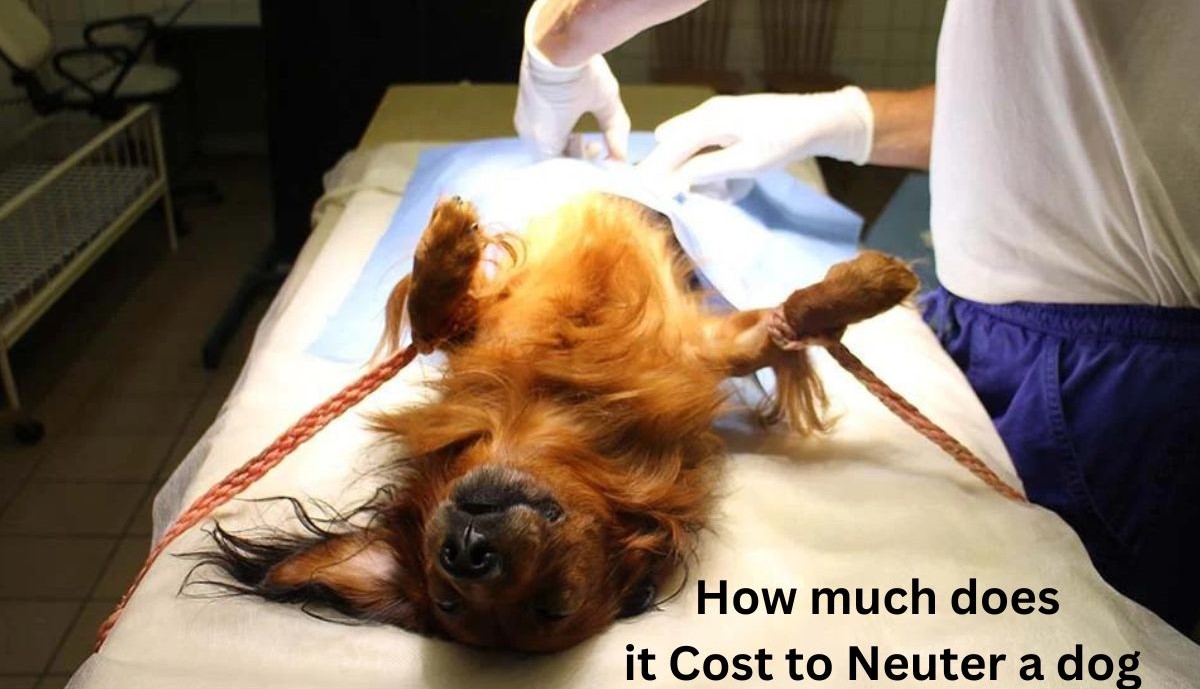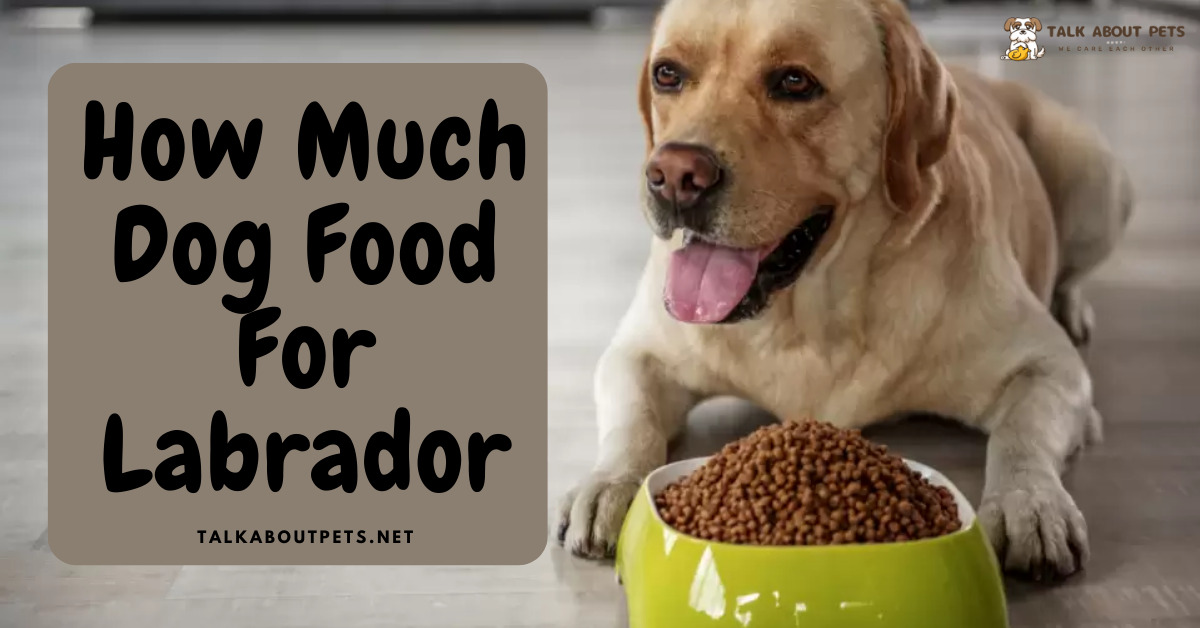Many dogs are not able to taste sweet potatoes due to their bitterness. Because of this, some dog owners may feel that it is safe to feed their dog purple sweet potato every day!
This article will talk about why this isn’t the case and what you can do to make sure your dog doesn’t eat too much of them.
Dogs have two types of taste receptors called TRPM5 and TAS1R2. These help determine if something tastes good for dogs by whether they activate these taste receptors. The texture and salt content of foods play a major role in which taste receptor gets stimulated.
Sweet vegetables like carrots, kiwis, and sweet potatoes don’t contain enough acidity to activate the TRPML5 taste receptor.
For this reason, many dogs are unable to taste the sweetness in these fruits which gives them half of their appetite.
But, the texture and fat content of sweet potatoes makes it very difficult to enjoy them alone. When eating sweet potatoes, your dog has to use his/her tongue to chew and swallow the food, creating limitations on how much he/she can consume at one time.
This article will discuss the potential health risks of feeding your dog dried sweet potatoes as well as tips on cooking and serving sweet potatoes.
So that your dog does not suffer from hunger pains caused by nutritional deficiencies.
They contain antioxidants
Many people question whether dogs can eat purple sweet potatoes. This is untrue! While it may look strange, purple potatoes can be enjoyed by most dogs.
Sweet potatoes are one of the top ten foods for healthy weight loss in dogs. These nutritious vegetables pack an incredible amount of vitamin A.
It helps promote skin health and growth.
This interesting color comes from anthocyanins, which are antioxidant vitamins. Anthocyanins help reduce oxidative stress in your body and thus aid in good health.
Since dogs have similar nutritional needs as humans, eating berries like blueberries or strawberries is a great way to ensure their diet includes enough Vitamin A.
Some dogs may experience a purple coloration
While sweet potatoes are white or brown, some varieties of sweet potatoes can be purple! These are sometimes referred to as ‘jewel’ shape potatoes because of this striking feature.
The purple dye is often made from anthocyanins which are antioxidants. It help protect your health by acting like little scavengers, picking up harmful molecules such as free radicals in the body and removing them.
Like other antioxidants, studies show that eating enough anthocyanidins may reduce oxidative stress (the amount of oxygen-based free radicals in the body).
This could have positive effects on health, particularly related to cardiovascular disease and diabetes.
There isn’t much research into whether different types of anthoycanin-rich foods offer any protective benefits beyond what is already known about vitamin A, carotenoids like beta carotene and lycopene, and lutein + zeaxanthin.
They can be difficult to digest
Many dogs are not able to taste purple sweet potatoes due to their color. Some say that it is because they do not like the way the colors look in them. Or because they do not want the flavor of the potato.
Yet, none of these reasons make sense since most breeds of dogs have special tastes in other foods! For example, some dogs will turn up their nose at carrots but will eat green vegetables with ease.
Purple sweet potatoes may be harmful to your dog. Because they contain anthocyanins which are antioxidants, eating too much of them may cause gastrointestinal issues such as diarrhea.
If you notice this happening, try baking the potato white or golden instead of purple. You could also cut it into thinner pieces or even mash it before giving it to your dog.
They may cause diarrhea
While most dogs love sweet potatoes, some do not. For these dogs, eating a small amount of purple sweet potato can be a problem. The color of this vegetable makes it difficult for your dog to tell if they have enough water or not. So they will try to drink more to make sure they are hydrated.
This sometimes leads to them being thirsty and wanting to eat other things which could contain carbohydrates or fat, making them vomit it all out!
If you notice your dog is acting nervous or has red skin and mucus in their eyes, take them to the vet right away!
At the very least, give them a bottle of milk while they are trying to get better to help with dehydration. If the symptoms worsen or don’t seem to go down after that, consider giving them an injection to reduce fluid levels in their body.
They should be properly prepared before feeding
Purple sweet potatoes are not considered to be healthy. But they can be an excellent source of vitamin A for dogs. But, like any other food, there is some risk involved when giving your dog these foods.
Making sure that your dog does not eat any burnt or black parts of the potato will limit how much vitamin A he may get. Because too much vitamin A can have negative effects on dogs’ health. It is best to keep consumption levels under 10 percent of their weight.
That means one small potato per day for a 30-pound dog is a good serving size! Besides, most dogs enjoy eating sweet potatoes even if they aren’t particularly nutritious. Some people cut them into oatmeal-style pieces and feed them to their pets, so why wouldn’t you?
Once again, make sure to always check with your vet first to see if dogs are allowed certain fruits and vegetables. Many vets recommend limiting fruit diets to few types to prevent potential digestive issues.
Sweet potatoes can make your dog fat
While sweet potato consumption is not harmful to most dogs, it is important to note that some breeds are prone to obesity. Thus, it is very important to know if your dog is an overweight breed.
If you notice changes in your dog’s activity level or grooming habits, then it may be time to consider diet modifications.
More weight means more calories for your dog. It could potentially contribute to them feeling tired or sluggish.
Obesity also raises blood pressure. So your dog may begin experiencing health issues such as coughing, breathing difficulties, or heart problems. Many of these symptoms occur much later than the initial overgrowth.
Dogs who are fed high-fat/high-calorie food will develop insulin resistance and hyperglycemia (too many glucose levels in the blood).
This can lead to diabetic conditions like ketosis, where too many liver cells break down stored fats into substances called ketones. Ketone bodies are metabolized in body tissues and function similarly to human hormones.
They are much less well-regulated in dogs than in people, and thus cannot be ignored. Some research suggests that ketone bodies may have antidepressant effects in humans. But this has yet to be confirmed in animals.
There are several diagnostic tests available to check for diabetes in dogs. Your veterinarian can determine whether these are necessary by performing a physical exam, looking at medical records, and asking about feeding behaviors and other risk factors.
Only feed your dog sweet potatoes that have been properly cleaned
Although purple sweet potato can be considered an edible color for dogs, only eating it is not advised due to its high levels of beta-carotene.
This nutrient is needed by humans to produce vitamin A, but too much of it can become toxic to animals.
Beta carotene is also known to accumulate in some animal fat. So if you choose to cook these sweet potatoes with olive oil or butter, make sure to discard the oil or use different oils that are more neutral.
You may want to rinse off the sweet potatoes in water as well before feeding them to your pet.
You should only feed your dog cooked sweet potatoes
It is very important to cook most foods for dogs before serving them to them. This includes fruits, veggies, and meat! If you notice any strange looks or funny reactions, then do not serve these foods to your dog.
Sweet potato can be hard to eat without cooking it first, which may cause problems for some dogs. Some dogs are sensitive to beta carotene in sweet potatoes. So if your dog has such a sensitivity, do not give them food with sweet potatoes in it.
Beta carotin is an antioxidant that helps keep your body healthy by acting like natural sunlight to help prevent cell damage. Unfortunately, too much of it can have the opposite effect and hurt your health instead.






